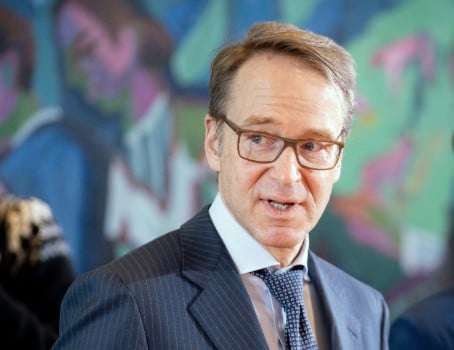In December alone the number of new car registrations dropped 44.9 percent.
The December figures are a wake up call for the government and the industry, Bil Sweden argued.
“The dramatic decline we have seen in the car market over the past couple of months is very worrying. The car industry is of vital importance to the Swedish economy and we consider it high time for the government to introduce measures to stimulate the market,” said Bertil Moldén of Bil Sweden in a press release on Friday.
The doom and gloom is set to continue into 2009, with Bil Sweden forecasting sales of 185,000 cars next year, in comparison to 306,794 in 2007.
“But if the government follows our advice then we estimate that we could push this figure up to 215,000,” Moldén said.
Bil Sweden has announced an eight-point plan to help the government address the slide.
The plan includes tax relief for all new cars for a two year period, the retention of the current eco-car premium, definition and congestion charge exemption in Stockholm. The group would also like to see the retention of free resident parking for eco-cars in Stockholm and the encouragement of other councils to introduce similar schemes.
Furthermore they called for a purchase premium for light trucks equivalent to the amount afforded eco-cars if they meet the tax authority’s definition. Heavy trucks meeting Euro 5 classification should also be exempt from vehicle taxes, they argued.
Bil Sweden called on the government to make assurances that no changes to fuel or other vehicle taxes would made until the crisis passes.
The number of eco-cars sold in Sweden broke all records in 2008, with a 57 percent increase to 84,541, equivalent to a 33.3 percent market share in comparison with 17.6 percent in 2007.
Diesel cars also proved popular with a market share of 36.2 percent in comparison to 34.7 percent in 2007.


 Please whitelist us to continue reading.
Please whitelist us to continue reading.